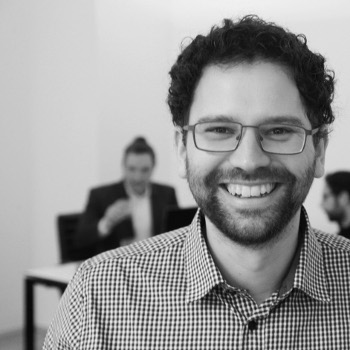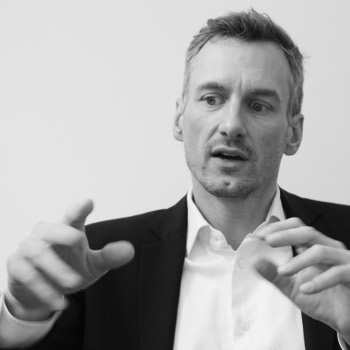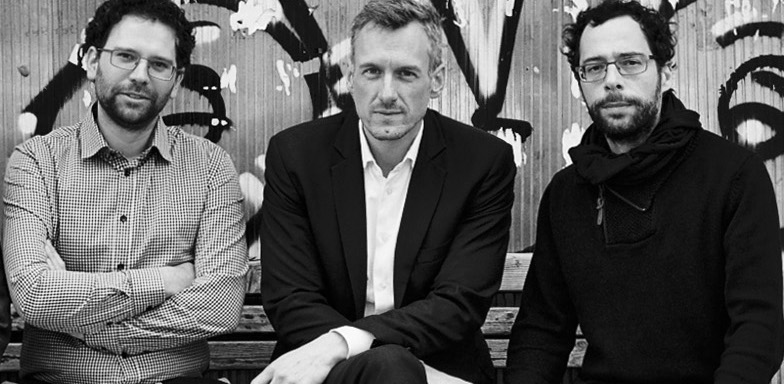About Feldwerk
About Feldwerk

Disciplines
Software and analytics, game theory and auction design
Software and analytics
The calculation of the most economical tariff allocation requires a cost simulation with permutation of all tariff parameters including a representative usage basis.
In terms of software technology, several special requirements have to be met. When recording usage data, the problem is less the processing of up to several hundred megabytes than the provider-specific interpretation of the usage data.
This is because every provider in every country provides a proprietary syntax or even a proprietary data format for which a respective interpreter and converter must be programmed. For this purpose, we have programmed a special development environment that speeds up the adaptation of new formats many times over.
This is the prerequisite for being able to immediately include new providers in the simulation for international projects. We have solved the requirement for the creation of new tariffs in an analogous way, because the tariff constructs are sometimes categorically different, especially across countries.
In addition to the mapping of the tariff structures, the actual simulation of an offer is another central technical challenge. Since the optimal solution is to be determined for each individual participant, this is a classic optimisation problem. Here, subject-specific optimised algorithms are used to accelerate the solution of the problem.
Since up to several tens of thousands of participants have to be simulated, a linear calculation would take several hours to days. Therefore, parallel processing and horizontal scalability is an important requirement. Accordingly, the simulations are calculated on a cluster so that the simulation results can be provided promptly.
Game theory and auction design
Game theory deals with situations in which an individual's success depends not only on his or her own decision-making behaviour, but also on that of others.
The aim is to derive, i.e. predict, rational decision-making behaviour on the basis of methods to be defined and the associated mathematical models.
Our auction designs are always modelled in such a way that, on the one hand, your specific requirements are met by the bidder and, on the other hand, their bids achieve the lowest possible price.
Examples of basic designs developed by Feldwerk and successfully applied internationally are the "Sequential Call Auction (SCA)" and the "Parallel Call Auction (PCA)" as well as the "Multiple Parallel Call Auction (MPCA)".
The Sequential Call Auction is a single-stage auction with maximisation of the probability of success of the deal with the existing bidder, while at the same time being highly competitive and ensuring that the empirically lowest price is achieved.
The Parallel Call Auction is a two-stage auction with identical chances of success for all participating bidders while guaranteeing the achievement of the de facto lowest possible market price.
The Multiple Parallel Call Auction is a three-stage auction with identical chances of success for all participating bidders while guaranteeing the achievement of the de facto lowest possible market price.
Corporate Culture
Transparency and commitment

Our services and our approach are characterised by absolute transparency and commitment. These principles become clear to our clients above all through our fully comprehensible and resilient calculations as well as our guarantees.
However, our principles also apply to the providers. Accordingly, every provider always receives all the information required to assess the chances in the auction process. Moreover, this information is always legally binding within the scope of our auction designs.
The provider can always win the auction deterministically on its own; a circumstance that is often not given in the conventional purchase of mobile services.
The concept-immanent transparency and bindingness are decisive factors to create the willingness of the providers to submit the actual best offer in the first place.
Management
Extensive knowledge of the telecommunications industry and many years of experience in the development of complex software solutions


Arndt Jablonowski
… is commercial director and Chief Executive Officer (CEO). He previously worked for various European telecommunication network operators as well as in the high-tech industry in executive and advisory positions. In 2010, together with Andre Goldflam and Sandro Wolf, he started to develop the technology for calculating mobile tariffs and to use it for companies to reduce costs.
Sandro Wolf
… is head of system architecture (CTO). His focus is on the individual design and implementation of distributed applications based on specific problems, technical circumstances, special quality features and other requirements.
Andre Goldflam
… is head of software development (CTO). His focus includes the technical conception and design of software architectures with a specialisation in distributed applications.



